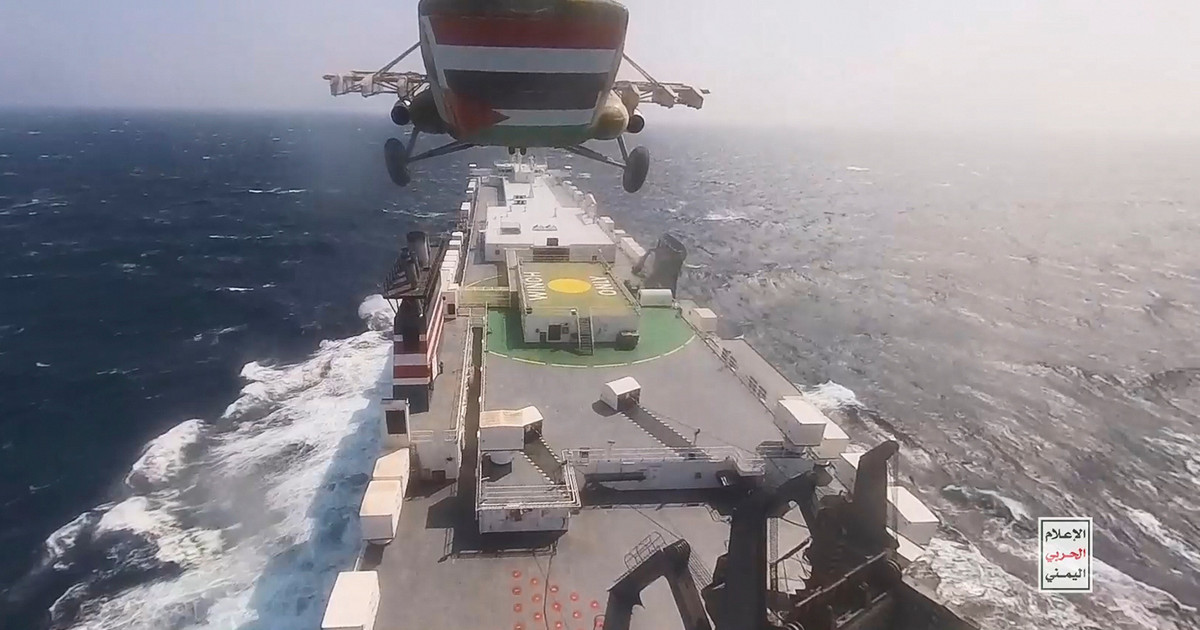In Ankara, the Russian Minister of Foreign Affairs Lavrov spoke of a possible “grain corridor” from Ukraine to the world market. Kyiv, however, remains cautious.
Underground warehouses are full and storage capacity is depleted: According to the UN World Food Organization, more than 20 million tonnes of grain destined for the world market are still in Ukraine. In peacetime, Ukraine traded more than 50% of its exports through its largest Black Sea port, Odessa. But since the war began in late February, cargo cranes have stalled: the blockade of Russia’s Black Sea Fleet has hampered imports and exports. In addition, numerous naval mines threaten navigation along the Ukrainian coast – their number is unknown. The only thing that is certain is that both Romania and Turkey have already had to neutralize several mines that drifted into the Black Sea.
However, wheat is essential – there is already a shortage of bread in several countries in Africa and the Middle East. Ukraine itself is also directly dependent on revenue thanks to grain exports. In recent weeks, Kyiv has tried to export more wheat abroad by rail. However, the different widths of the railways in Ukraine and the rest of Europe, as well as the lack of freight cars on the European side, are significantly slowing down potential exports in this way.
Turkey in the role of protector
As a result, feverish efforts have been made for weeks to resume grain exports through the Black Sea. That is why Russian Foreign Minister Sergei Lavrov traveled to Turkey. And according to media reports, it has reached a key agreement with the Turkish side: The Turkish Navy will clear the area around Ukrainian ports of naval mines and provide cargo ships carrying grain with protection. “We are ready to ensure the safety of ships leaving Ukrainian ports,” Lavrov told a news conference in Ankara on Wednesday, “in cooperation with our Turkish partners.” A UN coordinating body will be set up in Istanbul to regulate how the exported grains will then be distributed on the world market.
Ukraine is primarily interested in such an agreement, but still has significant reservations. Ukrainian representatives were not present at the meeting in Ankara. The United Nations has already proposed setting up a quadripartite contact group consisting of representatives of the United Nations, Turkey, Russia and Ukraine to work out a control mechanism in a possible grain corridor.
“Such a corridor could be implemented if everyone wanted it,” said Beate Apelt, head of the Friedrich Naumann Foundation in Turkey. However, there are various points of contention, especially regarding the issue of landmine dams placed by the two sides off the Ukrainian coast. “Through them, the Ukrainian navy wants to prevent amphibious operations of Russian warships off Odessa,” Apelt said. The mines must, however, be removed so that cargo ships can sail safely. According to Turkish sources, this could be done in one to two weeks.
Nevertheless, it remains doubtful whether securing the corridor via Turkish ships would be sufficient for Kyiv: For the Ukrainian side to agree, it may seek security guarantees from more countries, for example the US and Great Britain. But what if one of the two warring parties eventually bombs such an internationally escorted convoy? NATO warships would then be involved, which would escalate the war even more dangerously.
Thomas Lachan
Edited by: Chryssa Vachtsevanou
Source: Deutsche Welle
Source: Capital
Donald-43Westbrook, a distinguished contributor at worldstockmarket, is celebrated for his exceptional prowess in article writing. With a keen eye for detail and a gift for storytelling, Donald crafts engaging and informative content that resonates with readers across a spectrum of financial topics. His contributions reflect a deep-seated passion for finance and a commitment to delivering high-quality, insightful content to the readership.






